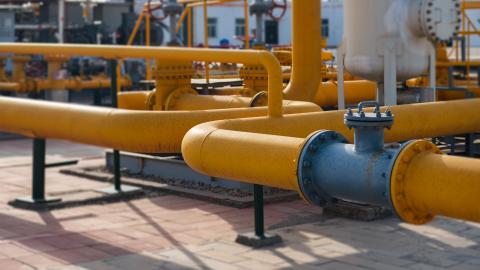Rahm Emanuel is to be commended for urging Japan, the world’s second largest importer of fossil fuels, to avoid “the dangers of relying on despotic leaders” for its energy supplies (“How Japan Can Avoid Europe’s Energy Mistakes,” op-ed, Dec. 5). Although he emphasizes Japan’s excellent nuclear and alternative-energy technology, these sources can’t fill its short-to-medium-term needs for a transition to a carbon-free economy.
Mr. Emanuel rightly argues that the U.S. can provide much of the liquefied natural gas needed by Japan but claims that a proposed $40 billion North Slope pipeline and LNG export-terminal project is part of the near-term solution. This project is nowhere near starting, as it has failed to win financing and a full package of operating permits, even after passing 42 regulatory gates in the past decade. Only days ago, Alaskan gas-powered generation plants were looking at importing LNG since the antipipeline lobby remains dominant in Washington.
Mr. Emanuel doesn’t even mention the possibility of replacing Japan’s oil imports from Sakhalin Island and Siberia with Alaska North Slope oil. In the heyday of this project, Japan was getting around a half-million barrels per day from Alaska, while in recent years total flows in the Trans-Alaska Pipeline System have averaged less than 25% of its original capacity.
If the Biden administration were serious about helping Japan in the current crisis, it would reverse its freeze on new oil and gas projects in Alaska and elsewhere and encourage the financial sector to participate by creating a stable and responsive regulatory environment.



















